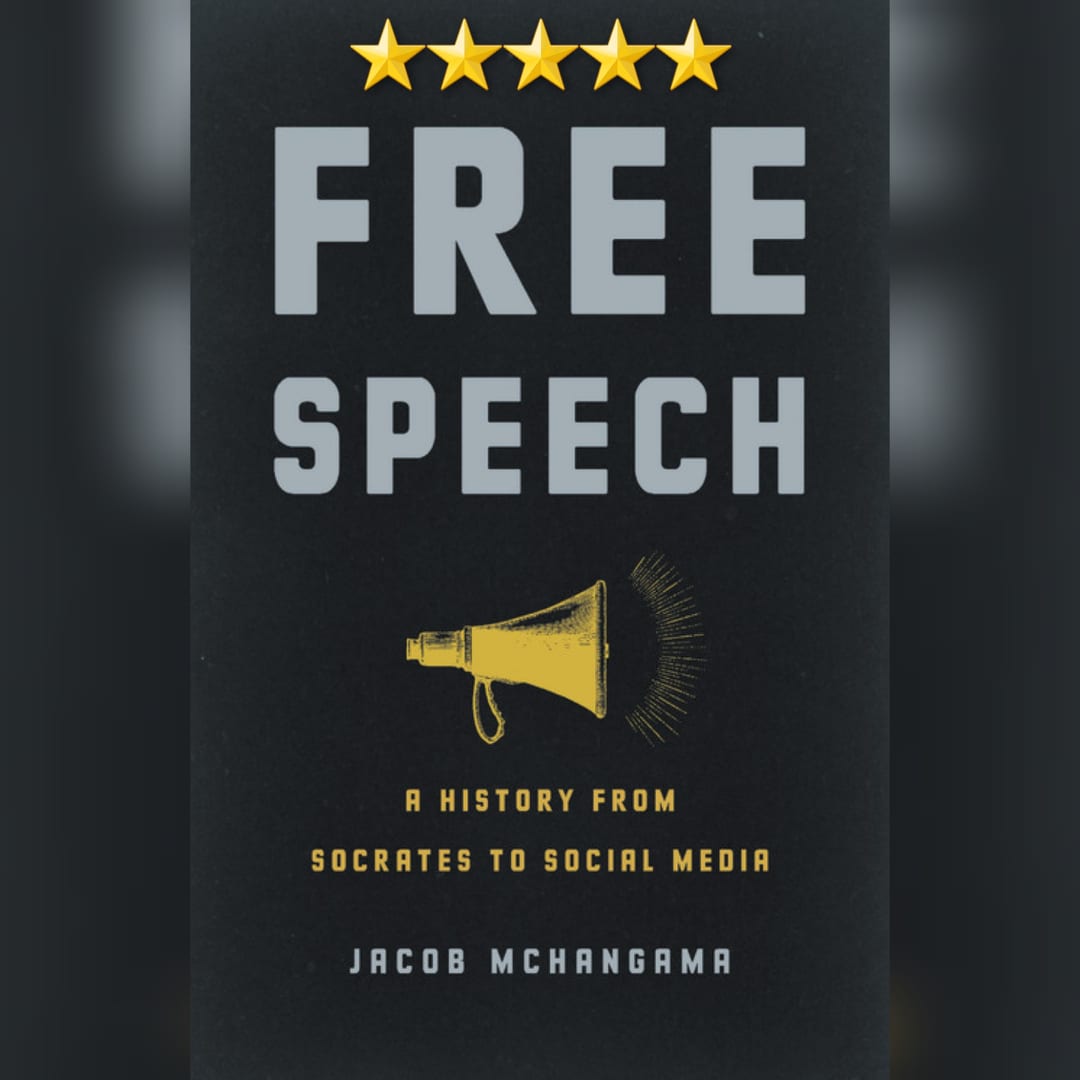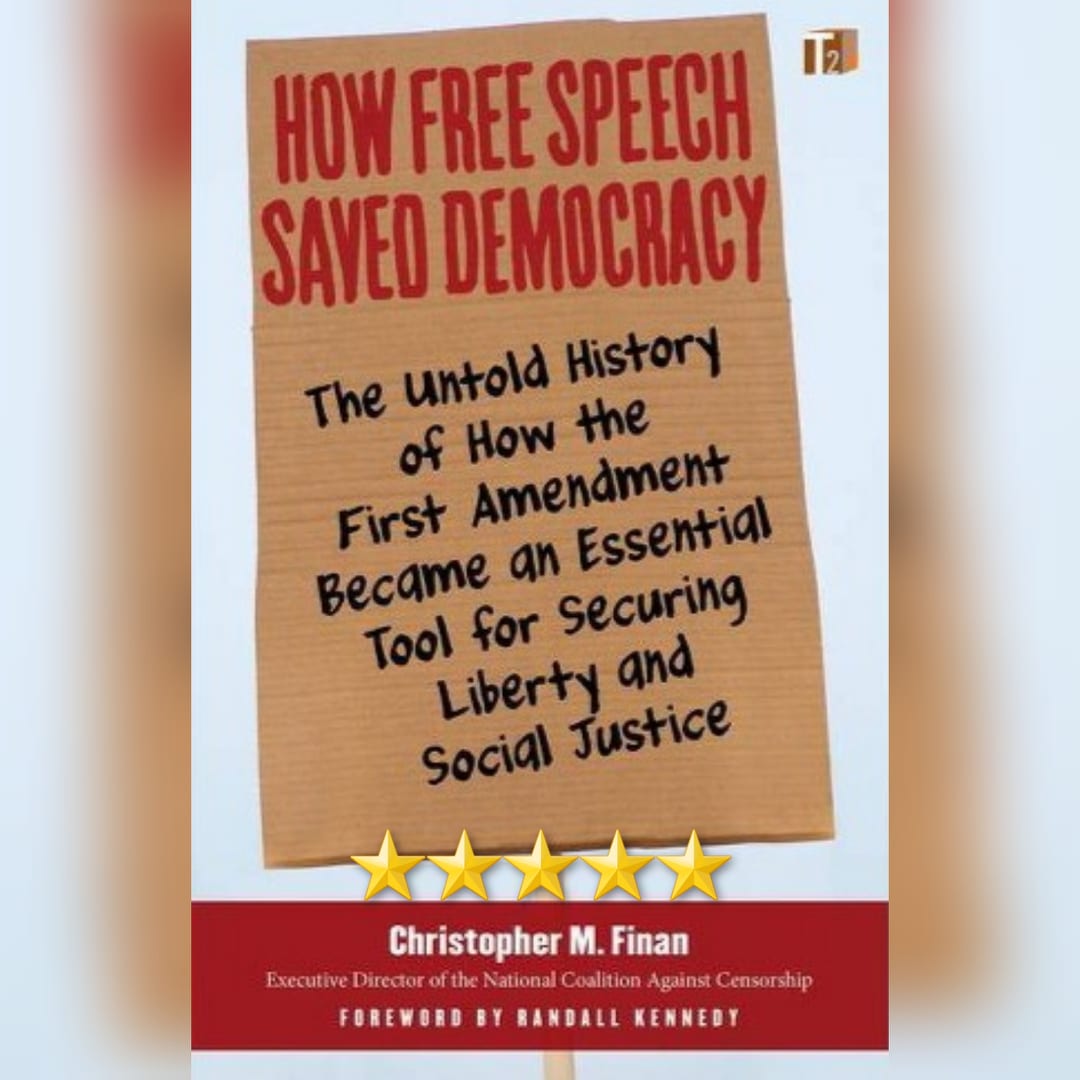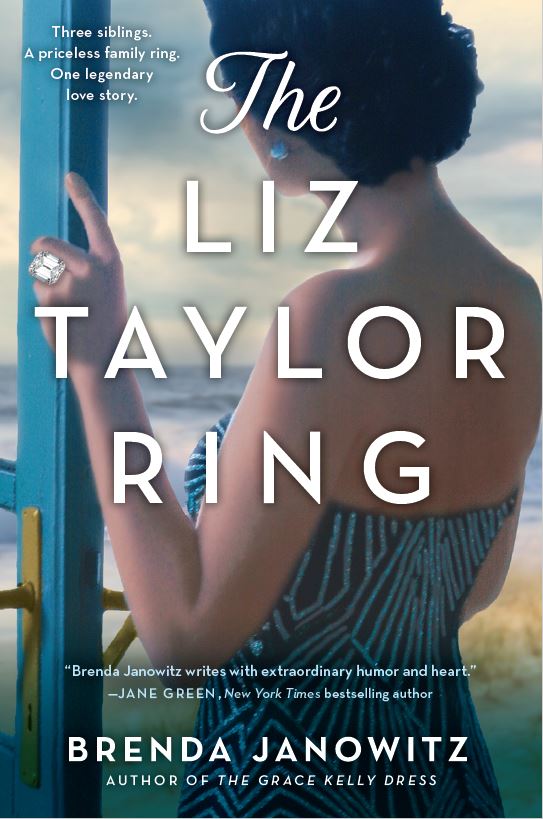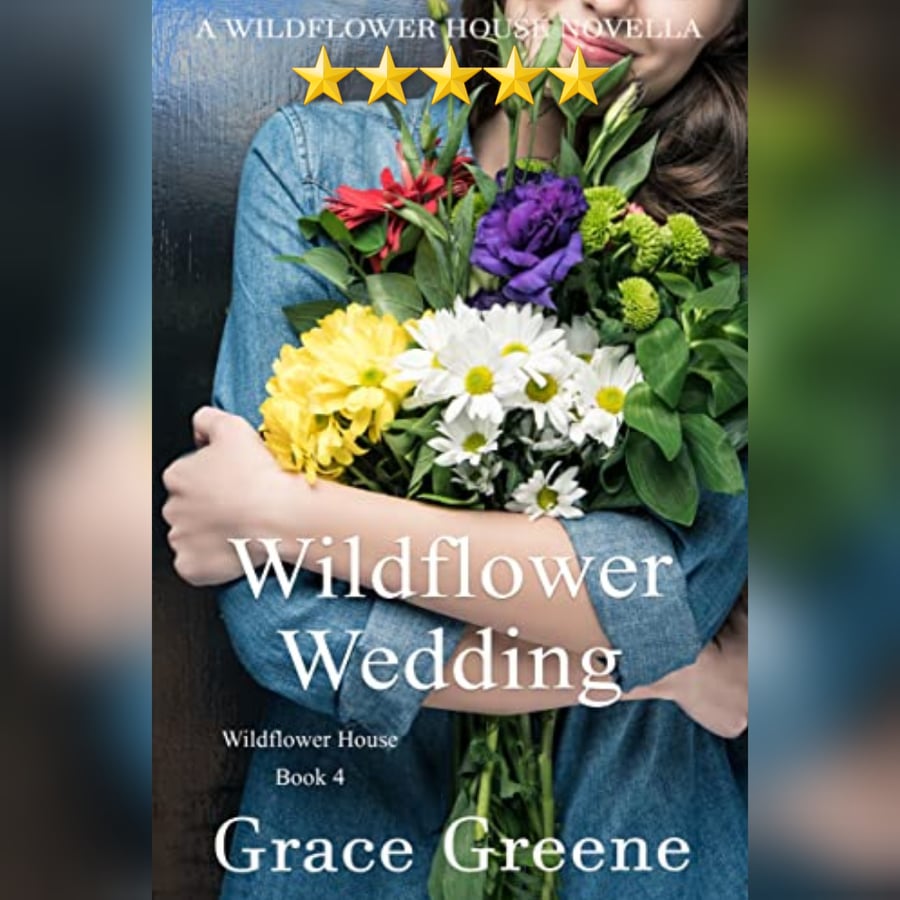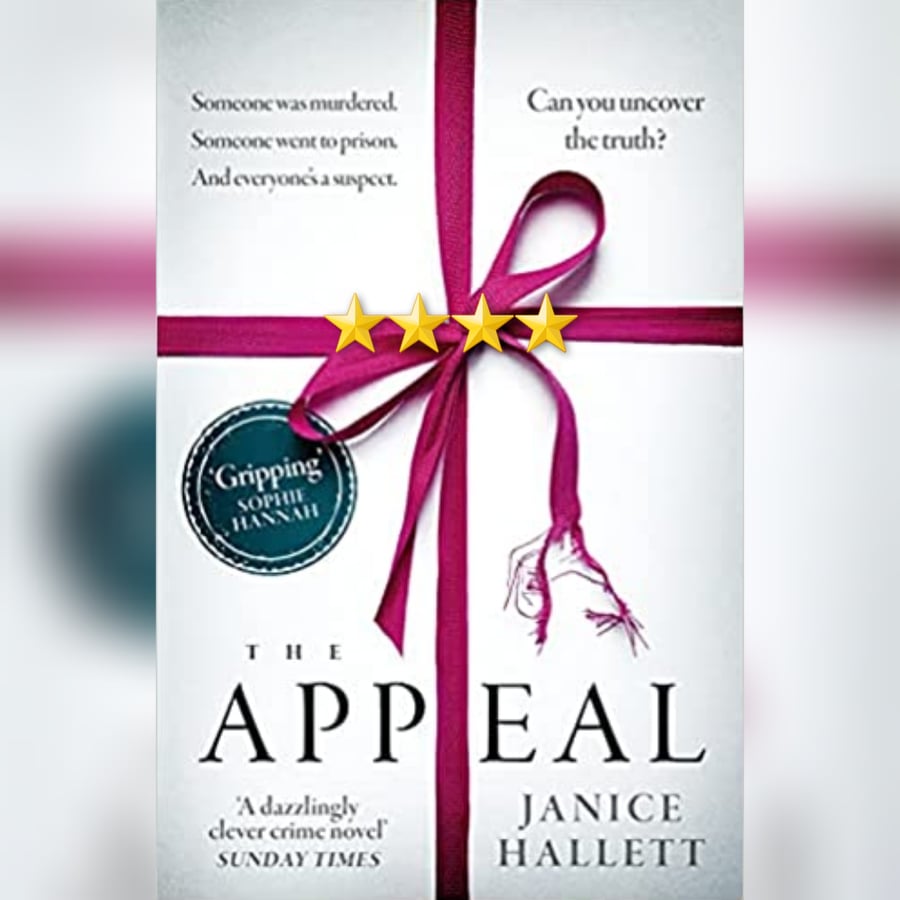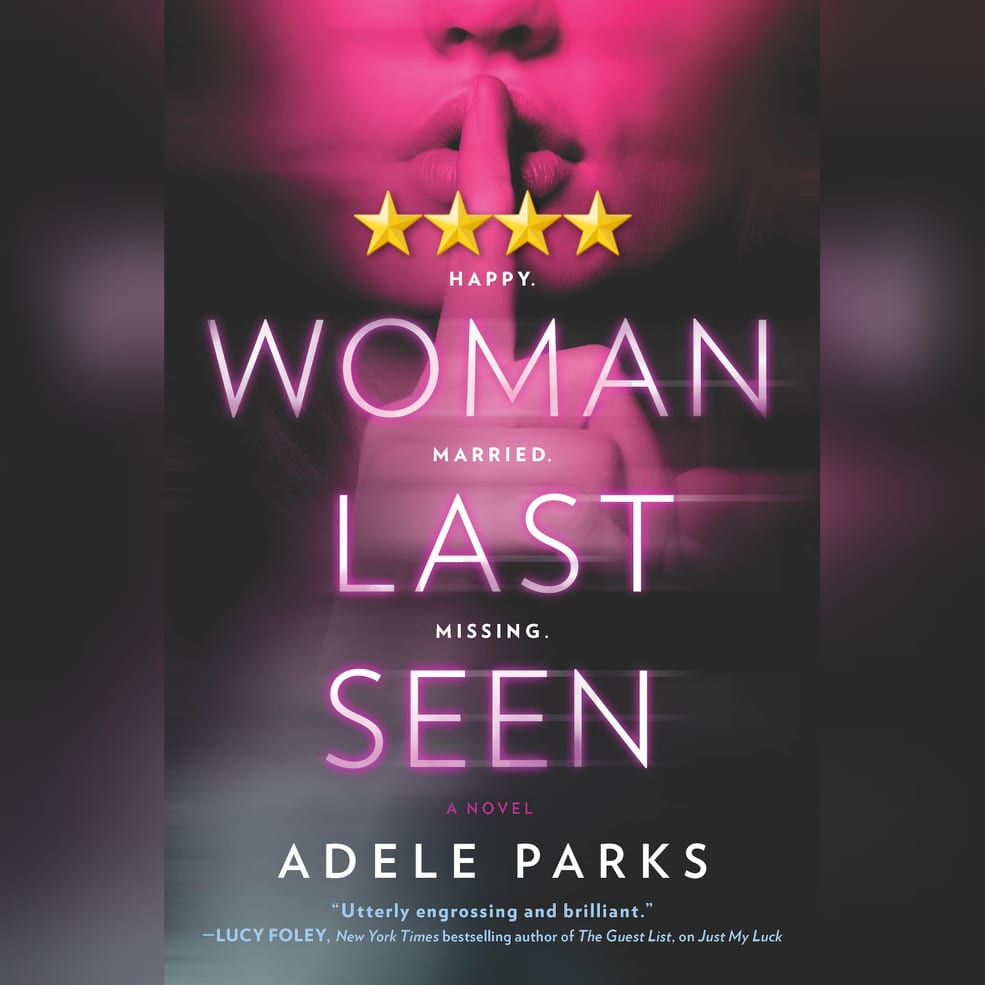This week we’re looking at a particularly timely – though not *quite* complete – look at the history of one of the most important human rights – up there with the rights of property and of defending said property. This week we’re looking at Free Speech by Jacob Mchangama.
One Of The Most Thorough Histories Of The Field I’ve Come Across. This is exactly what the title here says – easily one of the most thorough histories of the concepts of free speech I’ve ever seen, from their earliest incarnations into where the two competing versions came into their own in Athens – more unlimited, though not without certain hypocrisies – and Rome – more elite controlled and even, as the title notes, into the realm of social media, Donald Trump, and even (with a few scant sentences) COVID-19. Timed a bit interestingly (and without any way to know beforehand) so close to the Neil Young / Joe Rogan spat over Spotify, this is truly a strong history for anyone who claims to promote the ideal, one that shows that pretty well everyone who does or ever has has been a hypocrite to some degree or another regarding the topic. Indeed, if any real critique can be had here, it is that Mchangama, even while noting the cenorious actions of social media giants of late, fails to note that corporations can have a chilling effect on the free speech of their employees and those they do business with (hello, Spotify and too many businesses to list here). Though he does at least touch on the idea as it relates to modern academia and yes, cancel culture. There are also a few throwaway lines late re: “fact checkers” and COVID “misinformation” that are more YMMV level on, but which in the end aren’t substantial enough to warrant a star deduction over. This is, again, absolutely a book that anyone who claims to love free speech should absolutely read. Very much recommended.

